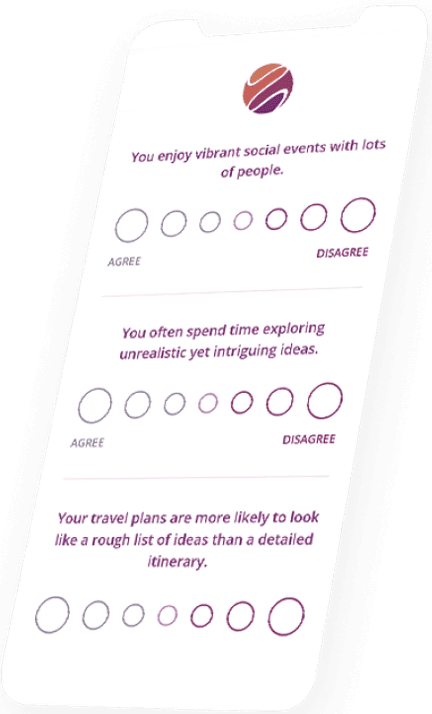The countdown to summer has begun, and we are getting ready to enjoy the beautiful weather. However, peeling off layers and thinking about summer shorts and bathing can bring up negative self-talk to the point of bullying ourselves: looking into the mirror and saying, “My body is disgusting, my thighs are huge, I am a fat pig and cannot be seen in public.” The frequency of this harsh internal chatter can vary from once a day to constantly, and it can influence food intake, activity level, socialization/isolation, and even anxiety, depression, and eating disorders.
The truth is that body image is not about the way we actually look, it’s our perception of how we look. It’s based on our mood and prior body shape, and becomes instilled in us through messages from our family, friends, community and media.
We are not born with negative body image. When we are as young as 5 years old, parents have great influence on our body image. We observe our parents’ eating style and attitude about their bodies. When a 5-year old listens to her mother’s chatter about dissatisfaction with her arms or thighs, the child begins to internalize this and wonder “is something wrong with my body too?” At later ages, the social environment and media begin to influence us too. The body ideal of the century becomes the symbol of beauty. In the 17th century, women were curvier, and in the 1960s Marilyn Monroe was considered beautiful. Then Twiggy’s unattainable thin body became the ideal. The truth is that most women cannot achieve that body type, and shaming our bodies and putting ourselves down has become acceptable in society. It can become habitual, and habits are hard to break.
Common Causes of Negative Self Image
Yo-yo dieting. Restricting and cutting meals sets one up for failure, which fuels low self esteem.
Even if we do lose weight, our body image may not improve. We may still feel flawed. Like a person who loses a limb may feel pain in the “phantom limb,” a person with negative body image who loses weight may still feel fat.
Negative body image triggers isolation. In social situations people’s anxiety may peak as they compare themselves to others.
Social media. Women may often compare themselves to their friends on Facebook or other media, where photos are sometimes digitally enhanced.
How can we stop the cycle?
“Just love yourself” is easy to say, but hard to do. How can we change negative internalized self images?
The first step is identifying negative thoughts, and recognizing that the negativity will pass like a wave in the ocean. If the negativity comes back, ride it out again.
Fall in love with your body. Recognize everything it does for you all the time. For example, “even if my thighs are bigger than I would like them to be, I am grateful for my legs and all the work they do for me.” The truth is that negativity does not create positive change, so acceptance is most effective to get healthier and fit. Hatred and bullying ourselves perpetuates the problem. It is hard to care for something we hate, and with a healthy mind comes a healthy body. If your goal to have a beautiful body, then care for your body like a mother cares for her child, eat healthily, exercise, take care of it, and adopt a nonjudgmental attitude.
Identify the cause of the problem. Sometimes it isn’t about your body at all, and it’s important to look at deeper issues. What is really bothering you? This is difficult work, but hating your body and the negative consequences are even tougher.
Keep a journal to track your thoughts and maladaptive patterns.
Learn to live assertively. Speak your truth and learn healthy boundaries, rather than letting your body become the scapegoat.
Let go of black-or-white thinking: learn to live “in the gray.” Even if your body is not perfect, it’s still beautiful and does amazing things for you.
Learn how to accept being human and attaining a sense of contentment. This is not an easy task, but neither is focusing on your negative body image and missing out on your life.
Think of it as three steps:
- Pay attention and listen to your body, both its physical and emotional needs.
- Appreciate your body and pleasure you get from it.
- Accept what you have and appreciate what is by focusing on your strengths.
Dr. Judith Zackson is a clinical psychologist in Greenwich and New York City. She completed her clinical training at Columbia University Medical Center, New York University and Kings County Hospital. A Greenwich resident, Zackson works with clients who struggle with depression, anxiety and parenting issues.












